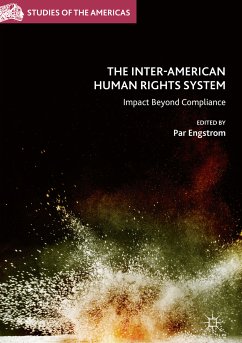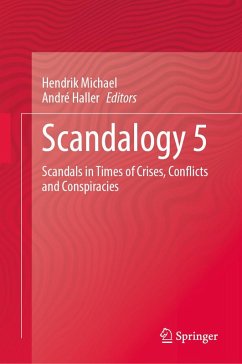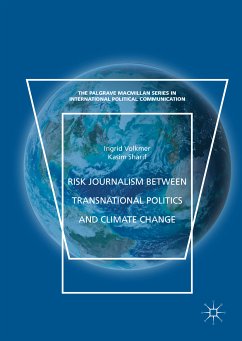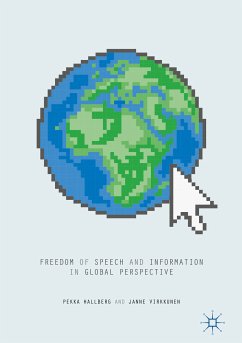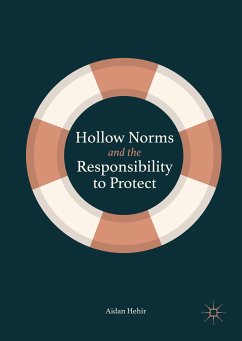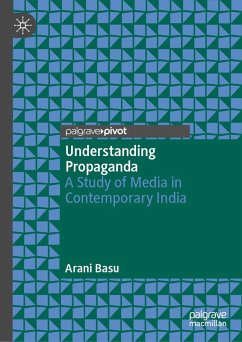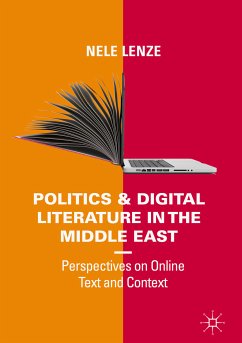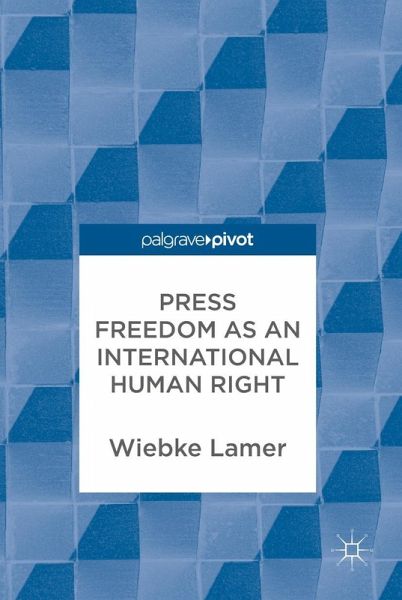
Press Freedom as an International Human Right (eBook, PDF)
Versandkostenfrei!
Sofort per Download lieferbar
40,95 €
inkl. MwSt.
Weitere Ausgaben:

PAYBACK Punkte
20 °P sammeln!
Addresses the lack of attention given to the status of press freedom from a political science perspective
Provides a detailed analysis of the status of press freedom within the global human rights debate and differentiates between the concept of press freedom and freedom of expression
Highlights the threat that the idea of press freedom and its promotion faces from all states, even from liberal democracies
Dieser Download kann aus rechtlichen Gründen nur mit Rechnungsadresse in A, B, BG, CY, CZ, D, DK, EW, E, FIN, F, GR, HR, H, IRL, I, LT, L, LR, M, NL, PL, P, R, S, SLO, SK ausgeliefert werden.



